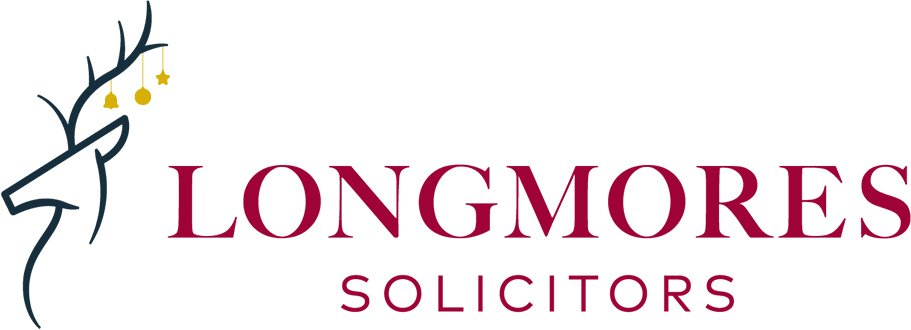Business Protection Cross Option Agreements
The fallout that can result from the death of one co-owner of a business is something that all business owners should carefully consider. Such circumstances can quickly escalate into potentially costly litigation if handled incorrectly. The business risk associated with the death of one co-owner of a business can be eliminated by the co-owners taking some sensible, inexpensive precautions during their lifetimes.
Upon the death of a co-owner of a business, and in the absence of any agreement to the contrary, their share of the business (in the case of a corporate entity) will usually pass into their estate and be distributed to their beneficiaries.
There are a number of problems with this:
- The beneficiaries may not know anything about the business, which can breed suspicion in connection with the actions, decisions and salaries of the surviving co-owners;
- The surviving co-owners may now have to consult with, or seek approval from, the beneficiaries in connection with business decisions;
- The beneficiaries will want profits from the business to be distributed (as dividends) which may not be ideal for the business;
- The beneficiaries will probably not work in or understand the business, but may own a significant stake in the business and therefore be entitled to a share of its profits and capital growth;
- The surviving co-owners may wish to buy out the beneficiaries, but the valuations of the business interest often differ wildly and there may be no ready market for the business interest, save in respect of shares in a listed company.
One of these issues, or a combination of them, usually generates stress in the relationship between the beneficiaries and the surviving co-owners which can in turn create disputes.
As hinted above, there is a solution which can avoid this situation ever arising. The solution involves each of the co-owners of the business entering into a cross-option agreement during their lifetime. A cross-option agreement grants the surviving co-owners an option to buy the deceased co-owner’s interest in the business and also grants the beneficiaries an option to force the surviving co-owners to buy the deceased’s interest in the business. In each case the methodology for valuing the business interest will be set out in the cross option agreement. The structuring of the cross option is vitally important from a taxation perspective and care needs to be taken on this point.
In order to fund the acquisition of a business interest pursuant to a cross option agreement, life insurance policies for each co-owner (subject to trust deeds) are usually put in place. If a co-owner of the business dies, then their life policy pays out to the surviving co-owners who are obliged to use the policy proceeds to acquire the deceased co-owner’s business interest.
The cross option agreement, backed with life policies, is an elegant solution to one of those issues over which business owners have little control: their own mortality. It results in the availability of a lump sum for the beneficiaries, just at the time they may need it, whilst freeing surviving co-owners from a relationship with the beneficiaries that they may never have bargained for.
It is important to ensure that if co-owners agree to this approach that their interests align with the terms of their Wills and that trust deeds are drawn up to clearly set out thateach co-owner shall hold the capital and income of the life policy upon trust for the benefit of the other co-owner.
Longmores’ Commercial team are highly experienced. To discuss how we can help, please get in touch with our Company Commercial team.
Please note the contents of this blog are given for information only and must not be relied upon. Legal advice should always be sought in relation to specific circumstances.

